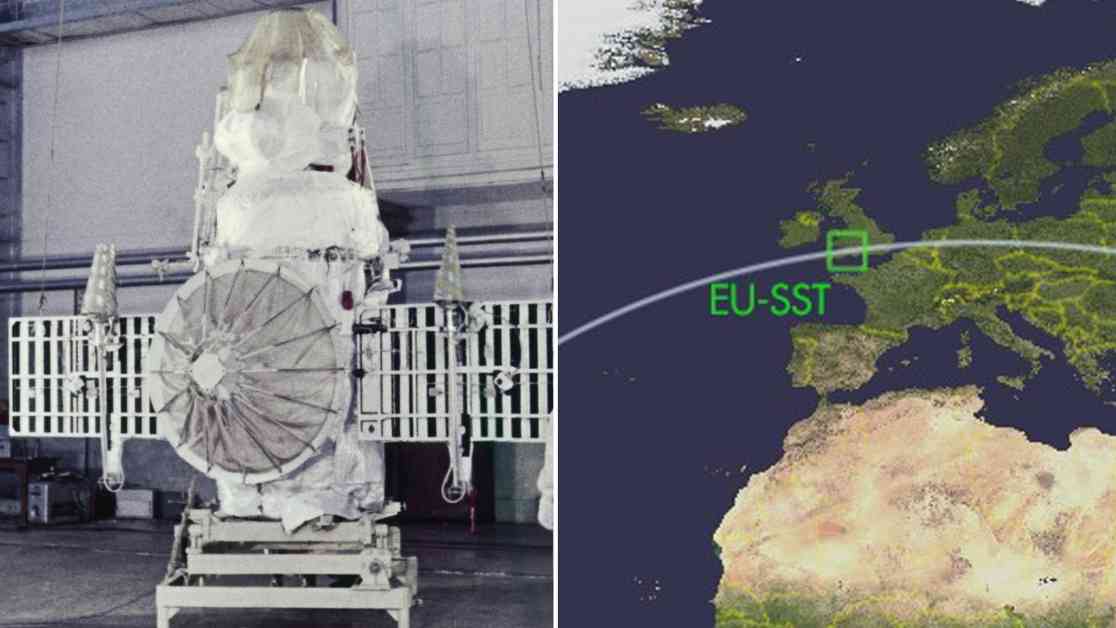A humongous piece of Soviet rocket just came crashing back to Earth after 53 years of orbiting around in space. Scientists are still trying to figure out exactly where it landed, but one group has made a prediction that it re-entered the atmosphere over southern England early on a Saturday morning.
The fate of the rocket remains uncertain, as scientists speculate that it may have burned up or broken apart during its descent, which happened between 7am and 8.30am. The rocket, known as Cosmos 482, was launched back in 1972 with the intention of landing on Venus. However, a mishap during the mission caused it to get stuck in orbit instead.
Experts monitoring the rocket’s descent believe that it deteriorated as it re-entered the Earth’s atmosphere. The EU Space Surveillance and Tracking team shared on X that the rocket “decayed within the last estimated re-entry window.” The European Space Agency confirmed that the craft was not detected on radars in Wachtberg, Germany, indicating that the re-entry likely occurred between 06:04 UTC and 07:32 UTC.
Various space organizations have been tracking the rocket’s movements and have placed its potential crash site anywhere from over the Atlantic to Germany and even Australia. Astronomer Dr. Marco Langbroek has mapped out their predictions, with the EU Space Surveillance and Tracking team concluding that the crash happened above southern England.
Cosmos 482 took off from the USSR’s spaceport in what is now Kazakhstan during the Soviet era. The upper stage of the rocket, responsible for propelling it out of orbit, malfunctioned. Smithsonian astronomer Jonathan McDowell explained, “The upper stage didn’t work right and it left just the probe in orbit around the Earth.” Parts of the rocket re-entered the Earth’s atmosphere in the 1980s, but a chunk remained in orbit, initially thought to be debris.
Years later, McDowell discovered that the remaining chunk was actually the Venus entry capsule from Cosmos 482. He described it as weighing about “half a tonne” and being “about three feet across.” The capsule had a heat shield strong enough to withstand the intense conditions in Venus’s atmosphere. McDowell highlighted the potential danger of such a heavy object falling back to Earth, even if it were to hit the ground at a reduced speed.
As scientists continue to analyze the situation, there is still much to uncover about the rocket’s journey and its ultimate fate.










